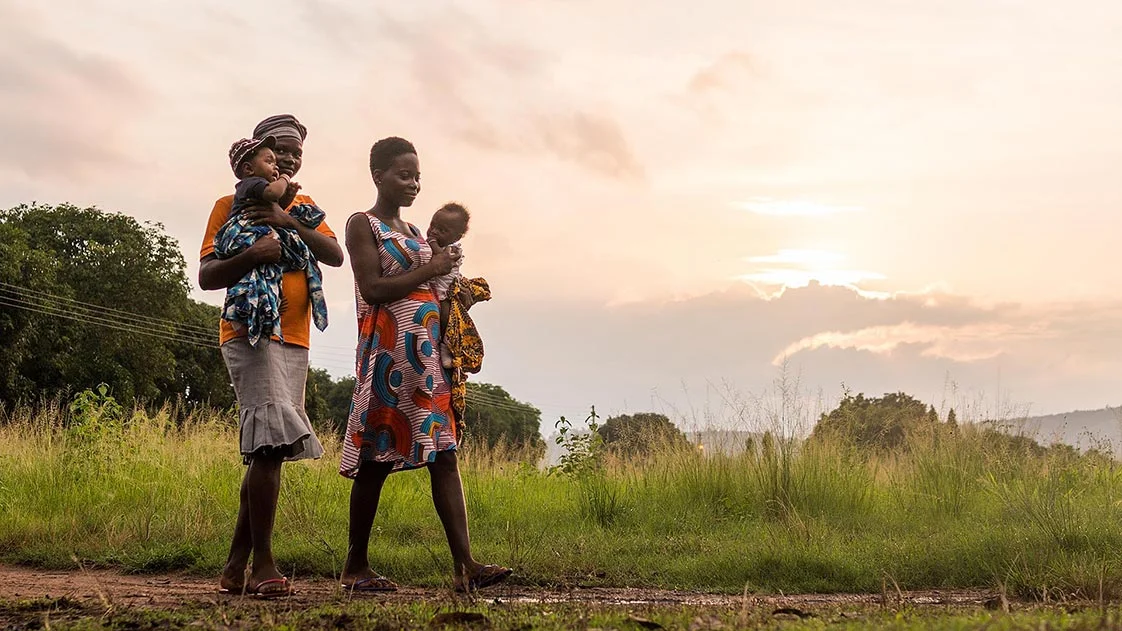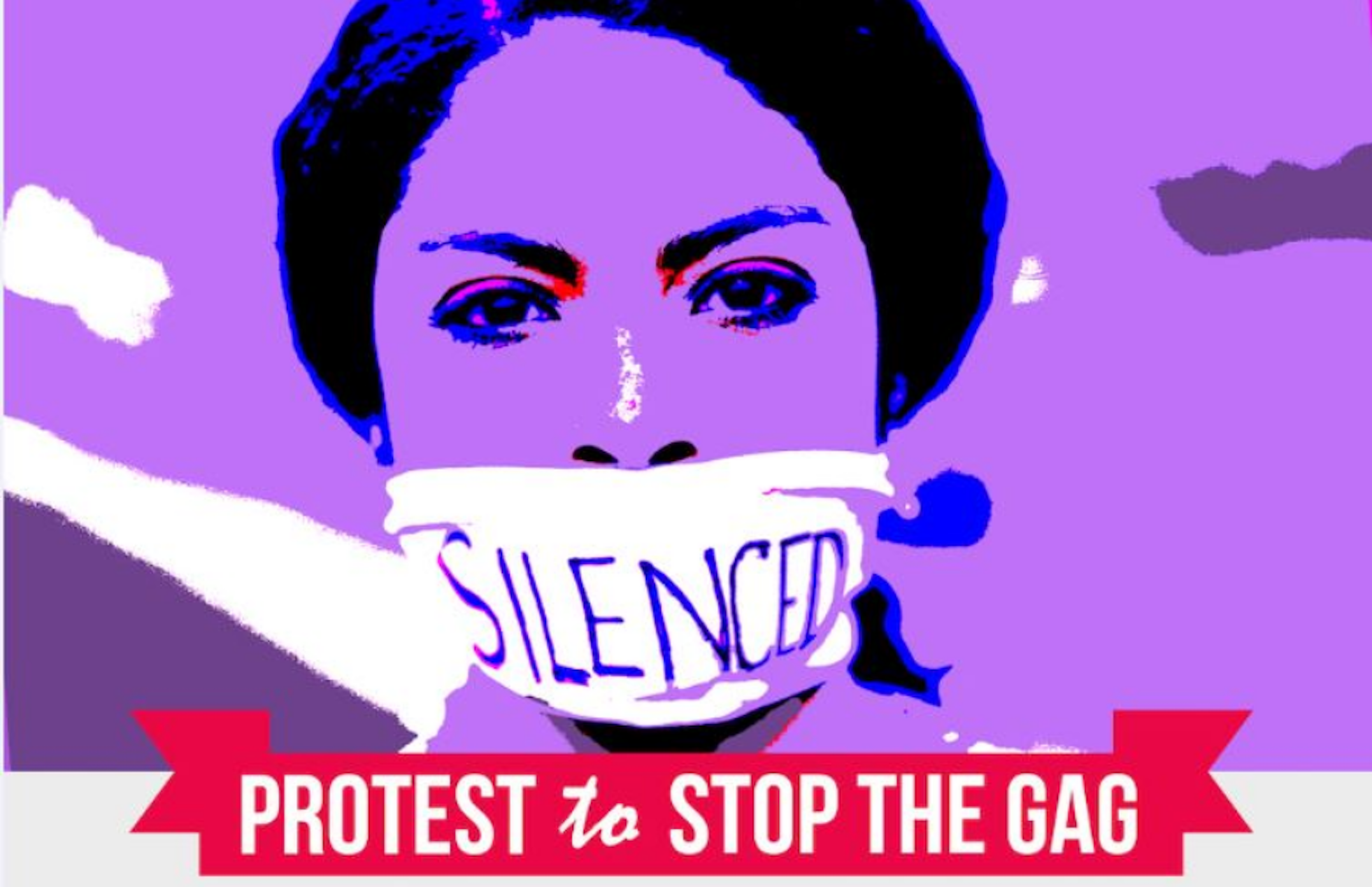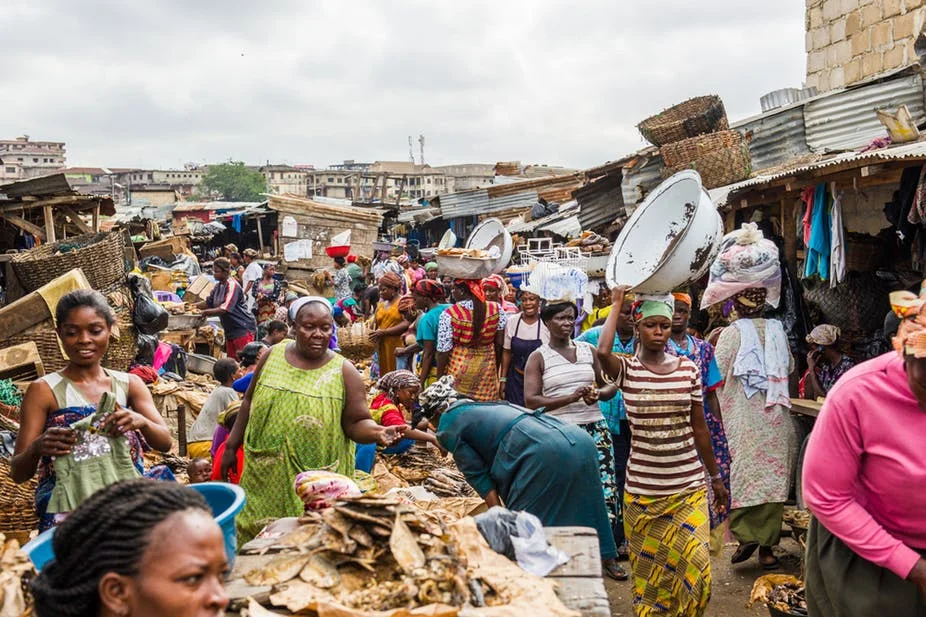Aspirin Could Help Reduce HIV Infections In Women -- A Dramatic, Promising Research Result In Nairobi
/WOMEN IN KENYA. PHOTO BY JOHN MCARTHUR ON UNSPLASH
By Colin Graydon, PhD Candidate in Medical Microbiology, University of Manitoba and Monika Kowatsch PhD Student in Medical Microbiology, University of Manitoba. First published on The Conversation Africa.
With nearly two million new infections and one million associated deaths each year, the HIV (human immunodeficiency virus) pandemic is alive and well. Thirty-seven million people are now living with HIV, more than half of whom are women.
Today, most HIV transmission occurs through sex. Fortunately, you can protect yourself and others by keeping HIV away (abstinence, condom use, circumcision) or by inactivating HIV (microbicide gels or a combination of prophylactic anti-HIV drugs such as PrEP). However, these methods are not always feasible for many and can come with stigma.
Imagine though, if instead of targeting the virus, we could make people less susceptible to HIV and address the needs of communities by using a relatively safe, affordable and globally accessible drug with no associated stigma. This is where Aspirin comes in.
It may sound like a fairy tale, but results from our lab’s pilot study published last monthsuggest it may be true. Plus, there’s good science behind the explanation.

















